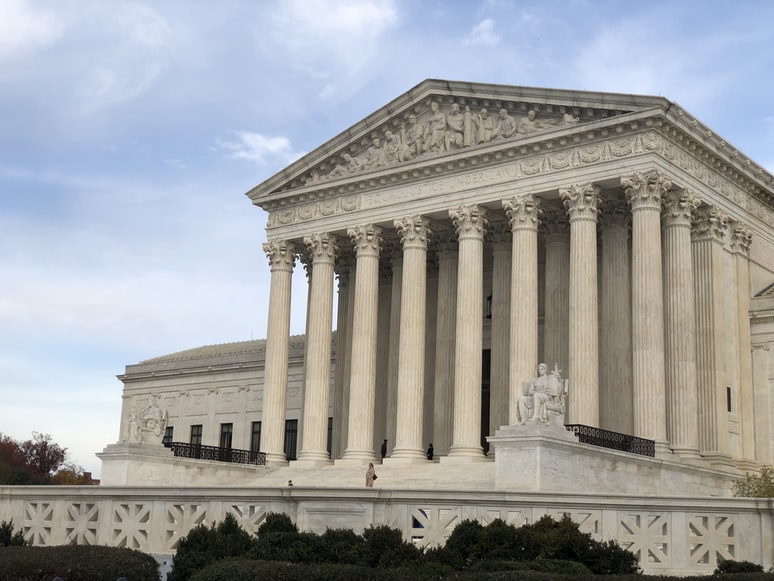The VRP’s amicus brief focused on three main points. First, that race still plays a significant role in elections. VRP cites social science articles regarding racially polarized voting analysis and the role it plays in demonstrating racial bias and animus in voting. In this section VRP notes the link racial bias has to the supposedly race neutral redistricting factor of partisanship. Second, VRP argues that VRA section 2b (specifically the Gingles standards laid out by the Supreme Court in Thornburg v. Gingles) protections remain necessary to protect voters in local governments. To support, VRP highlights the persistence of at-large voting systems in local elections (school boards, city councils, etc). VRP also discusses the exacting standards imposed by Gingles that already make a successful Section 2 violation difficult for plaintiffs to prove. Lastly, VRP argues that non-discriminatory voting systems benefit minority groups, emphasizing the link between racial bias and policy outcomes for minority communities. VRP cites social science highlighting the stark difference in policy outcomes when there is significant minority representation versus when there is not.
Background of Merrill et.al., v. Milligan et.al: Three separate sets of Plaintiffs challenged Alabama’s 2021 congressional district maps alleging constitutional and VRA violations. Specifically, Plaintiffs alleged that the black community was “packed” into Congressional District 7, “cracking” the remaining black community among other districts. This prevented the drawing of a second majority black district in the state in violation of the VRA. After a three-judge district court issued an injunction on the Alabama’s map and ordered the drawing of a new map, the Supreme Court granted Alabama’s request for a stay.














